Morality is of the highest importance - but for us, not for God
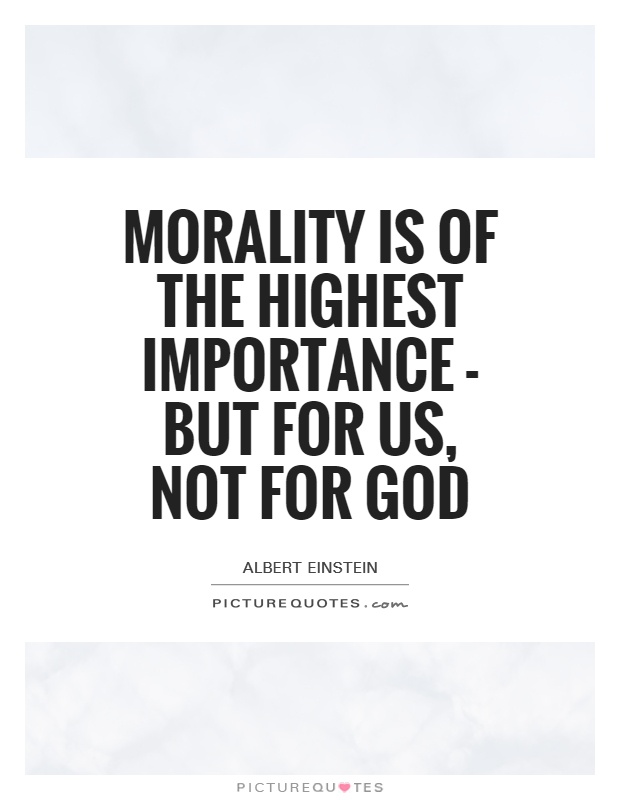
Morality is of the highest importance - but for us, not for God
Albert Einstein, the renowned physicist and philosopher, once famously said, "Morality is of the highest importance - but for us, not for God." This statement reflects Einstein's belief that morality is a human construct, shaped by our own values, beliefs, and societal norms. While morality plays a crucial role in guiding our actions and decisions, Einstein suggests that it is not something that applies to a higher power or deity.Einstein's perspective on morality can be understood in the context of his scientific and philosophical views. As a scientist, Einstein was known for his rational and logical approach to understanding the natural world. He believed in the power of reason and empirical evidence to uncover the truths of the universe. In this sense, morality, being a subjective and culturally relative concept, may not hold the same weight or significance in the realm of the divine.
Furthermore, Einstein's statement can also be interpreted in light of his views on religion and spirituality. While Einstein acknowledged the existence of a higher power or cosmic intelligence, he did not adhere to any organized religion or dogma. Instead, he believed in a more abstract and impersonal concept of God, one that was synonymous with the laws of nature and the universe.

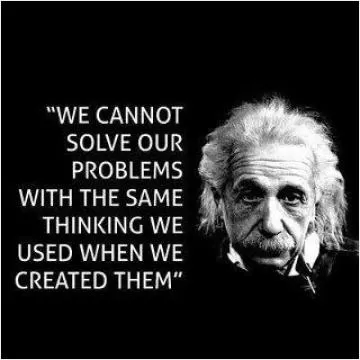


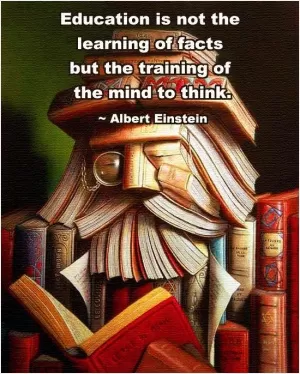


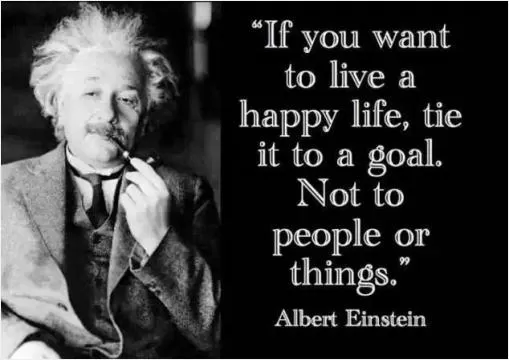


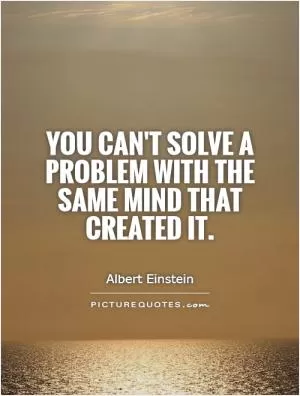
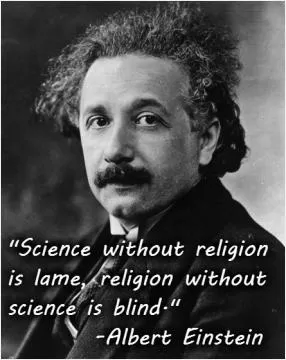
 Friendship Quotes
Friendship Quotes Love Quotes
Love Quotes Life Quotes
Life Quotes Funny Quotes
Funny Quotes Motivational Quotes
Motivational Quotes Inspirational Quotes
Inspirational Quotes